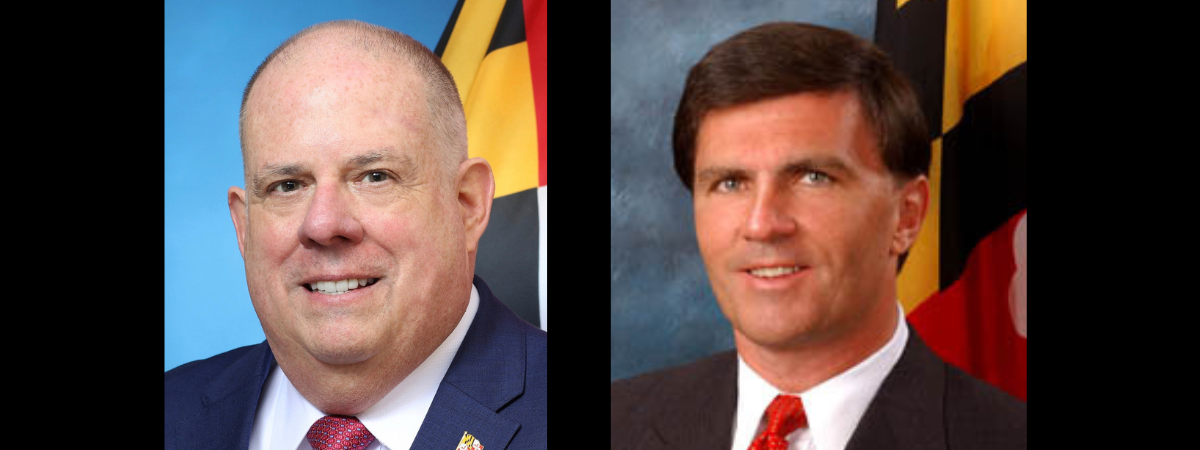Baltimore Sun Sold to Right-Wing Media Mogul

The news broke on Jan. 15: the storied Baltimore Sun has a new owner. Just two years after acquiring the paper, Alden Global Capital announced that it was selling the Sun to David D. Smith, a Baltimore businessman best known as executive chairman of Sinclair Broadcast Group, a nationwide network of 200 TV stations.
Founded in 1837 by Arunah S. Abell, the Sun has long been the most respected print news outlet in Maryland. It remained in the Abell family until 1910, when a locally-owned syndicate took over ownership and added an evening edition under the editorship of H.L. Mencken.
In their heyday, the morning and evening “Sunpapers” (as locals fondly called them) were more than a local operation. The morning Sun’s first foreign bureau opened in London in 1924, and over the next few decades, the paper opened seven more in Berlin, Moscow, Mexico City, Beijing, Tokyo, Jerusalem, and Johannesburg. Touting its global reach, it adopted the slogan, “The Sun never sets on the world.” It also dipped a toe in new media, founding Baltimore’s first TV station, WMAR, in 1947.
Sold to the Times Mirror syndicate in 1986, the paper began cutting its operations in the 1990s, closing all its overseas bureaus by 2008. Cuts continued, with Tribune Publishing (which had acquired Times Mirror in 2000) laying off nearly a quarter of the staff. In 2021, Tribune merged with Alden Global Capital as the owner of the Baltimore Sun.
At the time of the Alden takeover, Baltimore businessman Stewart W. Bainum, Jr., was trying to buy the Sun from Tribune. However, the deal fell through, and Bainum decided to found the Baltimore Banner, a rival publication that employs a number of former Sun personnel.
In the meantime, Alden continued to make dramatic cuts in the Sun’s staff — a practice it had used at most of the 200 other American papers it controlled. The editorial staff of the Denver Post characterized the Alden group as “vulture capitalists” after massive layoffs at that paper.
So, the Baltimore Sun sale to a new, locally based owner after decades of out-of-state control ought to be a good thing, right? Well, not necessarily, especially if the paper takes sides.
The Sinclair group’s TV stations have a distinct right-wing slant. As reported by many journalists and communications experts, local stations are required to air content that is supportive of former president Donald Trump. While Smith emphasized that he bought the Sun with his own money, not Sinclair’s, he has a track record of supporting conservative political candidates as well as such political action groups as Project Veritas and Moms for Liberty. Project Veritas has produced a number of videos that are edited to make opponents appear to be saying something other than what they actually said. Moms for Liberty supports censorship and banning books from school libraries.
It seems a good bet that Smith will make every effort to move the paper in a direction consistent with his own political orientation and away from objective reporting. The point is not that newspapers should be free of opinion and analysis — it’s nearly impossible to avoid it — but it needs to be clearly labeled as “opinion” in the article’s title.
A story in the Baltimore Brew — an independent online daily — reported on Smith’s first meeting with Sun staff and reporters. Several attendees reportedly said that Smith held up the local Fox News TV station — a Sinclair outlet — as a model of what journalism should be doing. So while Sinclair may not be the name on the bill of sale, it’s easy to see why readers who trusted the Sun to bring them well-written, objective reporting could feel uncomfortable with the new owner.
A Sun staffer (who understandably preferred to remain anonymous) told the Brew that Smith informed the group that they are now “in the manufacturing business.” The new owner compared the paper to a restaurant whose business depends on giving people what they want. He showed little interest in covering local sports or the arts, though he apparently recognized that those subjects could appeal to a number of readers. As far as “hyper-local” coverage of neighborhood news, he reportedly said, “Nobody cares about a tree falling on a car unless it’s on your block.”
Those aren’t the only concerns with the new owner. In the Sun story reporting the sale, Smith said that he had begun reading the paper only a few months earlier. Another report, on NPR’s “All Things Considered,” said that he had read it only four times — hardly enough to suggest any real familiarity with the paper’s role in the community.
It’s still possible that Smith will allow the experienced journalists at the Sun to produce a newspaper worthy of its distinguished history, committed to reporting factual news instead of just another mouthpiece for right-wing opinions. He’s only been in the owner’s seat for two weeks, and undoubtedly, he’s still finding out how newspapers really work. But those of us who grew up reading the Sun when it was one of the most distinguished papers in the country may be excused for worrying that we’re about to lose something that every community needs — a source for factual reporting, free from ideology and political agendas.
Peter Heck is a Chestertown-based writer and editor, who spent 10 years at the Kent County News and three more with the Chestertown Spy. He is the author of 10 novels and co-author of four plays, a book reviewer for Asimov’s and Kirkus Reviews, and an incorrigible guitarist.
Common Sense for the Eastern Shore







